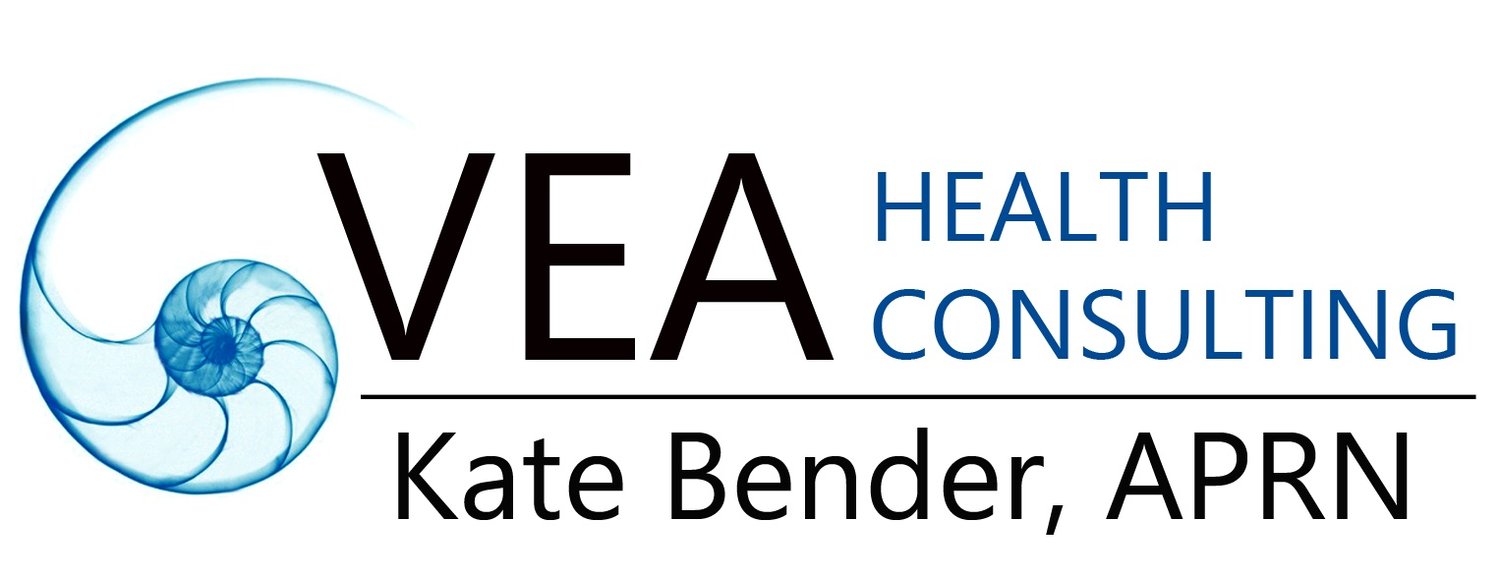What do you want done in a medical emergency?
Advanced Directives AKA A Living Will
Do you want your ribs broken? Do you want to be put on a ventilator? Do you want a feeding tube inserted for nourishment? Do your parents or grandparents? Ask any healthcare provider about a code scene on a TV medical drama. We will roll our eyes and start telling you how inaccurate the scene is. Most clinicians (doctors, nurses, medical assistants, even healthcare students) take a course in life saving interventions every 2 years. The course, often through the American Heart Association, covers actions to take when someone chokes, stops breathing or their heart stops for infants to adults. We are grateful to know these techniques, but also pray we will never have to utilize the knowledge. When someone is coded many other interventions have failed.
On TV, the patient flat lines, the medical staff says, “clear,” shocks their heart and later that day, the patient is telling their loved ones how grateful they are to be alive. In reality, 90% of people outside the hospital and 82% of people inside the hospital die of cardiac arrest (flat lining) despite heroic measures or Cardiopulmonary Resuscitation (CPR). CPR is a desperate, last resort where ribs are often cracked, tubes are inserted and machines are connected to support respirations. It is traumatic for the patients, and even for the healthcare professionals performing the CPR.
Worse than coding someone is turning to the loved one of a patient who is unable to speak for themselves and asking what interventions should be taken, especially, when it has never been discussed. When an individual’s wishes are not known, we assume Full Code or do everything - chest compressions, connect to a machine to breathe for the person and other interventions to sustain life when a person’s body is failing. These measures are a modern marvel and effective when used for healthy trauma victims. An elderly person with advanced disease is not going to tolerate the physicality of resuscitation well and is unlike to ever come off a mechanical ventilator.
Would you want to be resuscitated? Would you want your mother or grandmother, father or grandfather put through that process? Would you want the hospital to connect them to a ventilator to breath for them to then go through the process to disconnect this life sustaining machine? These questions are hard questions to answer, and under duress during a medical emergency, is not the time to make such life alerting decisions.
Talk to your spouse, partner, children, loved ones about what you want done. Ask them what their wishes would be under the reverse situation. Better yet, put it in writing, and give a copy to your doctors. Advance Directives can be an unpleasant reminder of our mortality; however, to ensure your wishes are honored when you cannot speak for yourself, it is vital to make your directives known. Think of the burden you take off your loved ones’ shoulders in an already stressful situation when they know exactly what you want done when a healthcare provider turns to them in an emergency and says, “should we begin CPR”?
Kate Bender is a dual-certified Psychiatric Mental Health and Adult Nurse Practitioner. She knows, firsthand, life is messy and hard. Sometimes people need support and help from a professional. When working with Kate, your mental health will be compassionately addressed in a manner that honors your mind, body, and spirit. She lives with her family on the shoreline in Old Saybrook, Connecticut.
